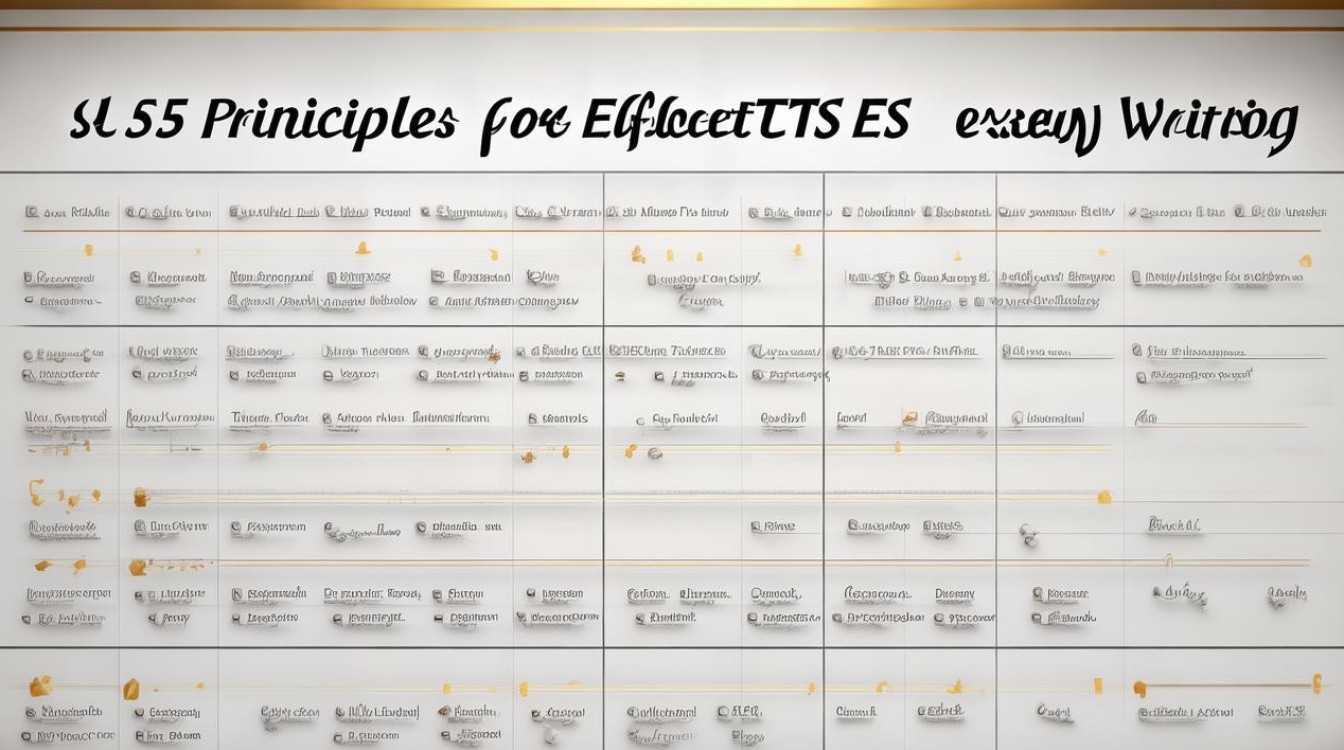雅思写作是许多考生感到棘手的部分,尤其是大作文(Task 2),需要在40分钟内完成一篇250词以上的议论文,为了帮助考生高效备考,我们整理了一套“雅思大作文25原则”,涵盖审题、结构、论证、词汇和语法五大维度,并结合最新数据与权威研究,提供可操作的技巧。

审题5原则:精准破题,避免跑题
原则1:识别题目类型
雅思大作文主要分为四种类型:
- 观点类(Opinion):Do you agree or disagree?
- 讨论类(Discussion):Discuss both views and give your opinion.
- 利弊类(Advantages & Disadvantages):Is this a positive or negative development?
- 问题解决类(Problem & Solution):What are the causes and solutions?
原则2:圈出关键词 “Some people believe that governments should fund arts programs, while others think this money should be spent on healthcare. Discuss both views and give your opinion.”
关键词:governments, fund arts programs, healthcare,确保每段围绕这些核心词展开。
原则3:明确立场 必须给出个人观点,避免模棱两可。
- “While arts funding enriches culture, healthcare investment is more critical for public welfare.”
原则4:限定范围
避免泛泛而谈,用具体例子支撑,比如讨论政府资助艺术时,可引用英国文化协会(British Council)2023年报告:
“In 2022, the UK government allocated £450 million to arts funding, yet healthcare budgets exceeded £180 billion.”
原则5:检查题目指令
确保回答所有问题,如“Discuss both views + give your opinion”需涵盖两部分。
结构5原则:逻辑清晰,段落分明
原则6:四段式结构
- (背景+立场)
- 主体段1(支持某一方的论据)
- 主体段2(另一方论据或个人观点)
- (重申立场)
原则7:每段一个核心论点

“Arts funding fosters cultural diversity (论点1), while healthcare spending directly saves lives (论点2).”
原则8:使用衔接词
- 对比:However, On the contrary
- 因果:Consequently, As a result
- 举例:For instance, A case in point
原则9:结论不引入新信息
仅总结前文,避免提出未讨论的观点。
原则10:控制段落长度
每段5-6句,避免冗长。
论证5原则:数据+例子增强说服力
原则11:结合最新数据
讨论“远程办公的利弊”时,可引用国际劳工组织(ILO)2024年数据:
| 指标 | 2023年全球数据 | 来源 |
|---|---|---|
| 远程办公员工比例 | 34% | ILO, 2024 |
| 生产率变化(同比) | +12% (IT行业) | Gartner, 2023 |
| 员工满意度提升 | 68% | McKinsey, 2023 |
原则12:使用权威来源
- 政府报告(如UN、WHO)
- 学术研究(PubMed、Google Scholar)
- 国际组织(World Bank, OECD)
原则13:避免个人轶事
用“A study by Harvard University (2023) shows…”而非“My friend thinks…”。
原则14:平衡正反论证
即使支持某一方,也需简要提及对立观点。

原则15:具体化抽象概念
“Education reduces poverty”改为:
“UNESCO estimates that each additional year of schooling raises lifetime earnings by 9%.”
词汇5原则:精准+多样
原则16:避免重复用词
- Important: crucial, vital, significant
- Think: argue, believe, contend
原则17:使用学术词汇
- Good: beneficial, advantageous
- Bad: detrimental, harmful
原则18:限制形容词
用数据代替主观描述,如:
❌ “Many people prefer remote work.”
✅ “A 2023 Gallup poll found 58% of employees favor hybrid models.”
原则19:慎用绝对词
避免“always/never”,改用“tend to/are likely to”。
原则20:检查搭配
- Make a decision(正确)
- Do a decision(错误)
语法5原则:准确性与复杂性
原则21:混合句型

- 简单句:Remote work saves commuting time.
- 复合句:While remote work improves flexibility, it may reduce team cohesion.
原则22:避免run-on句子
用分号或连接词分隔长句。
原则23:主谓一致
- ❌ “The government are…”
- ✅ “The government is…”
原则24:正确使用时态
- 普遍事实:Present simple(e.g., “Studies show…”)
- 过去研究:Past simple(e.g., “The 2022 report indicated…”)
原则25:检查冠词
- ❌ “Government should invest in education.”
- ✅ “The government should invest in education.”











